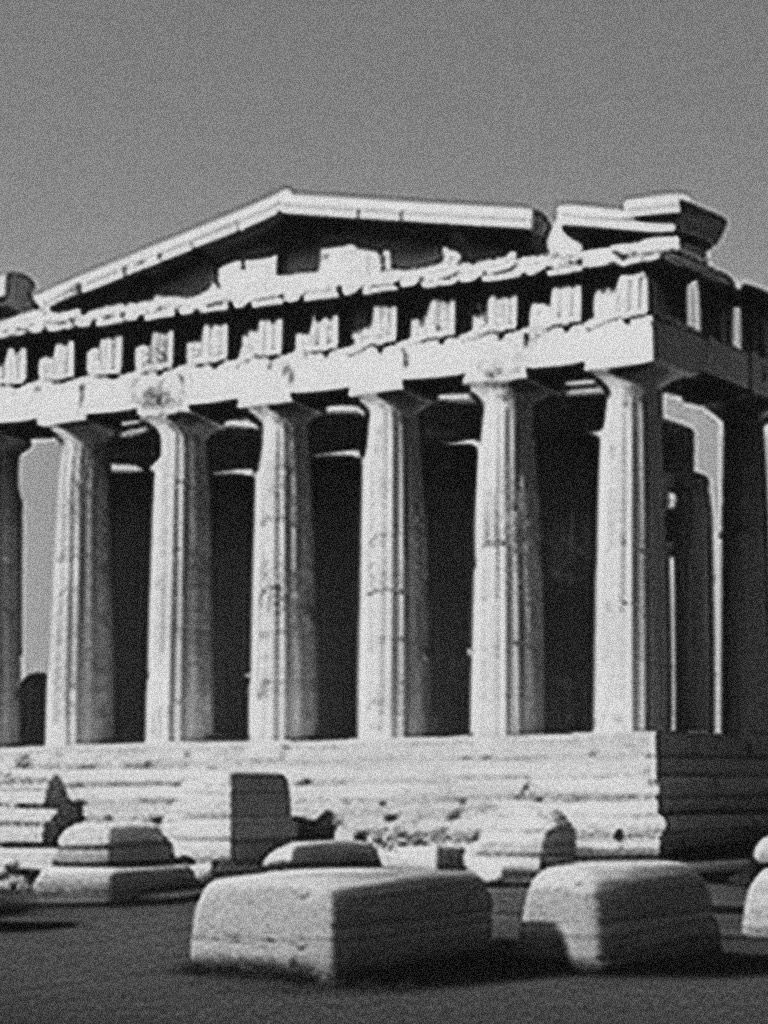Goodness and the good lie at the heart of the thinking-philosophizing of Plato. The good is that toward...


Goodness and the good lie at the heart of the thinking-philosophizing of Plato. The good is that toward...

The question concerning religion lies at the heart of the existential thinking of Camus. This is because Camus’s...

In the writings of Foucault, religion is thought in light of the death of God and man and...

A critique that is often directed toward existentialism is that it ignores sexual difference either by leaving it...

Derrida problematizes translation by deconstructing the places that philosophy reserves for speech and writing, originals and copies, and...

Angst is a mood that individualizes Dasein by proving that social relations and determined roles can never make...

Firstly, the realization that there is consciousness. Secondly, discovering what is not consciousness, which is the world. Finally,...

Investigating and questioning the possibilities and limits of bad faith lie at the heart of the existential thinking-philosophizing...

For Derrida, death is a border that has no borders, resembling God, and is thus an aporia. Derrida...

Between de Beauvoir and death, there is a non-simple relatedness, in which Sartre’s Being and Nothingness and Heidegger’s...

For Heidegger, the objects with which Dasein comes face to face do not have the same way of...

Sartre’s atheism is radical; it is philosophical and personal, ontological and subjective, phenomenological and poetic; it is the...

The entire existential thinking-philosophizing of de Beauvoir arises from, revolves around, critiques, and argues against the problem of...

Foucault thinks language according to a movement, which appears repeatedly in his writings, of simultaneous constituting and undoing,...

Between existentialism and the thinking-philosophizing of Socrates, there is a relatedness; that is, there are similarities, continuities, and...

For Sartre, committed writing aims at changing the world by disclosing it and by asking and investigating the...

The thinking-philosophizing of Plato is held together by a demand for self-knowledge, by a demand for knowing oneself,...

Derrida deconstructs hospitality and all acts of welcoming by exposing them to their own impossibilities, that is, by...

The existentialism of Sartre arises from the conviction that there is no human nature. “Existence precedes essence” conveys...

Foucault’s archeology is, according to Foucault, an archeology of knowledge. Knowledge is that toward which the archeological activity...